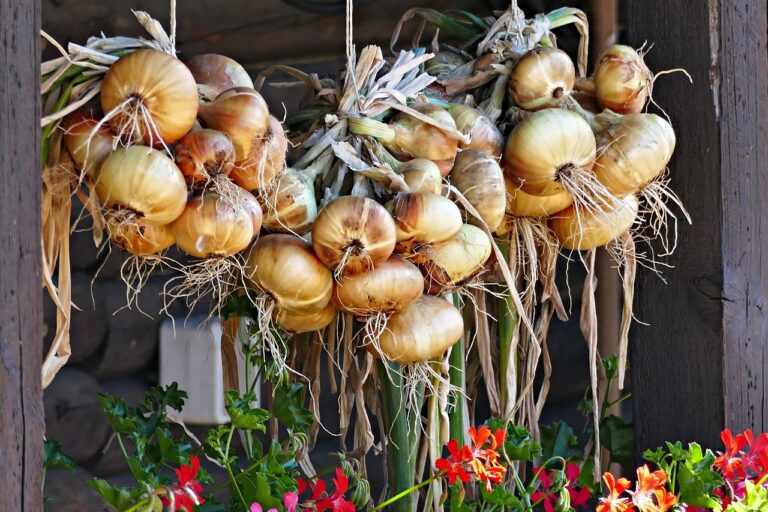The Impact of Climate Change on Crop Production: Adaptation Strategies for Farmers
Climate change is significantly impacting crop production worldwide. Fluctuating temperature patterns, irregular rainfall, and extreme weather events pose challenges for farmers in growing their crops efficiently. These changes affect crop growth, development, and yields, ultimately impacting food security and livelihoods.
The relationship between climate change and crop production is complex and multifaceted. Rising temperatures can lead to shifts in plant phenology and increased stress on crops, affecting their overall productivity. Changes in precipitation patterns can result in water scarcity or excess, further complicating the cultivation process for farmers. Understanding these dynamics is crucial for implementing effective strategies to mitigate the impacts of climate change on crop production.
Identifying Key Challenges Faced by Farmers in Adaptation
Farmers around the world are confronted with a multitude of challenges when it comes to adapting to the impacts of climate change. One significant barrier is the unpredictability of weather patterns, making it difficult for farmers to plan their agricultural activities effectively. Extreme weather events such as droughts, floods, and heatwaves are becoming more frequent, posing a threat to crop yields and overall farm productivity.
In addition, limited access to resources and technologies for climate adaptation is a common challenge faced by many farmers. High costs associated with adopting climate-resilient practices and technologies make it inaccessible for small-scale farmers with limited financial resources. Lack of knowledge and information on sustainable farming techniques further exacerbates the difficulties faced by farmers in adapting to changing climatic conditions.
Farmers struggle with the unpredictability of weather patterns
Extreme weather events like droughts, floods, and heatwaves threaten crop yields
Limited access to resources and technologies for climate adaptation is a common challenge
High costs associated with adopting climate-resilient practices make it inaccessible for small-scale farmers
Lack of knowledge and information on sustainable farming techniques exacerbates difficulties
Exploring Innovative Farming Techniques for Climate Resilience
In the face of increasing challenges posed by climate change, farmers are turning to innovative techniques to build resilience in their farming practices. One such method is the implementation of agroforestry systems, which involve integrating trees and shrubs into agricultural landscapes. These systems not only help combat soil erosion and enhance biodiversity but also provide additional sources of income for farmers through the sale of timber, fruits, and nuts.
Another promising approach is the adoption of precision agriculture, which leverages technology such as drones, GPS, and sensors to optimize the use of resources like water, fertilizers, and pesticides. By precisely tailoring inputs based on real-time data and environmental conditions, farmers can reduce waste, increase efficiency, and minimize their environmental footprint. Additionally, practices like conservation tillage and cover cropping are being increasingly embraced for their ability to improve soil health, retain moisture, and sequester carbon, all crucial factors in adapting to a changing climate.
How does climate change impact crop production?
Climate change can disrupt weather patterns, leading to extreme temperatures, droughts, floods, and changes in pest and disease patterns, all of which can have negative effects on crop production.
What are some key challenges faced by farmers in adapting to climate change?
Farmers often face challenges such as limited access to resources, lack of knowledge about climate-smart practices, financial constraints, and inadequate infrastructure for irrigation and water management.
What are some innovative farming techniques that can help increase climate resilience?
Some innovative farming techniques include conservation agriculture, agroforestry, crop diversification, water harvesting and efficient irrigation systems, integrated pest management, and the use of climate-resilient crop varieties.
How can farmers access information and resources to implement climate-smart practices?
Farmers can access information and resources through agricultural extension services, research institutions, NGOs, government programs, and online platforms that provide guidance on climate-smart practices and technologies.
What are the benefits of adopting climate-resilient farming techniques?
Adopting climate-resilient farming techniques can help farmers increase their resilience to climate change, improve crop yields and quality, reduce production costs, conserve natural resources, and contribute to sustainable agriculture.







